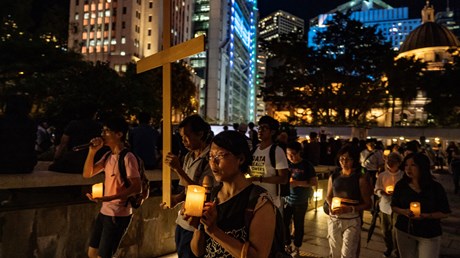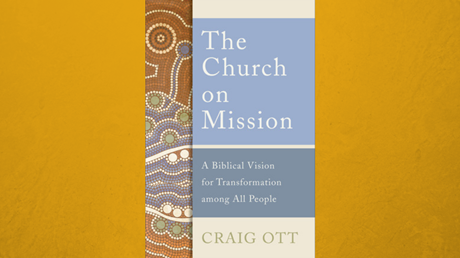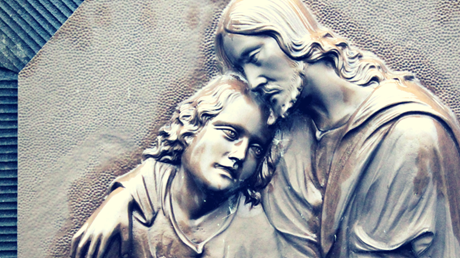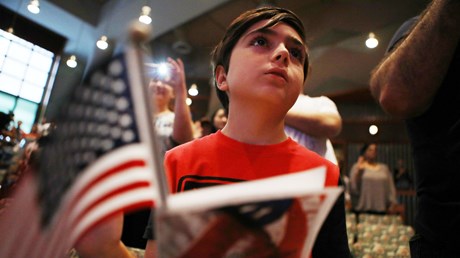Why the recent reduction could lead more countries to follow suit—and continue to damage the church's reputation.
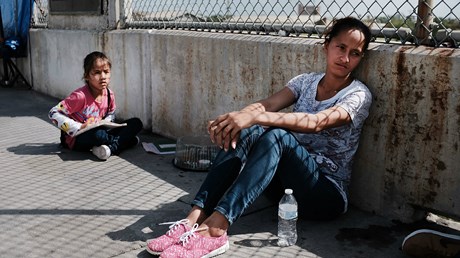
The US State Department has proposed a stark reduction in the annual number of refugees allowed to be resettled in the country—at most, 18,000 refugees in Fiscal Year 2020, compared to an average ceiling of 95,000 over the past four decades.
As someone who has worked for many years at World Relief—an evangelical ministry that has resettled nearly 300,000 refugees since 1979, partnering both with the State Department and thousands of local churches—I’m heartbroken by the effects of this decision. At least 12,000 fewer refugees will be welcomed to the US this year compared to last year.
That number represents 12,000 human beings, each of whom is made in God’s image with inherent dignity. It includes individuals who have already waited years to be reunited to a spouse, parent, or child who is in the US, separations that are likely to be extended now that there will be fewer slots for resettlement.
It includes Christians from countries where Christians are persecuted, such as Iraq, Iran, Syria, Pakistan, and Burma. The number of persecuted Christians who have found refugee in the United States has already fallen starkly from 2016, and now could decline further. It also includes thousands of Muslims and those of other faiths, some of whom might have ultimately embraced Jesus in the US after encountering the hospitality and kindness of a team from a local church.
I grieve each of these impacts and pray the president will reconsider this decision.
But the effects of this decision actually extend well beyond those who will not be resettled to the US this year. This decision could have long-term ripple effects that should be troubling for the nation and, even more so, for the church.
This decision could effect ...
from Christianity Today Magazine https://ift.tt/2nYynNm
